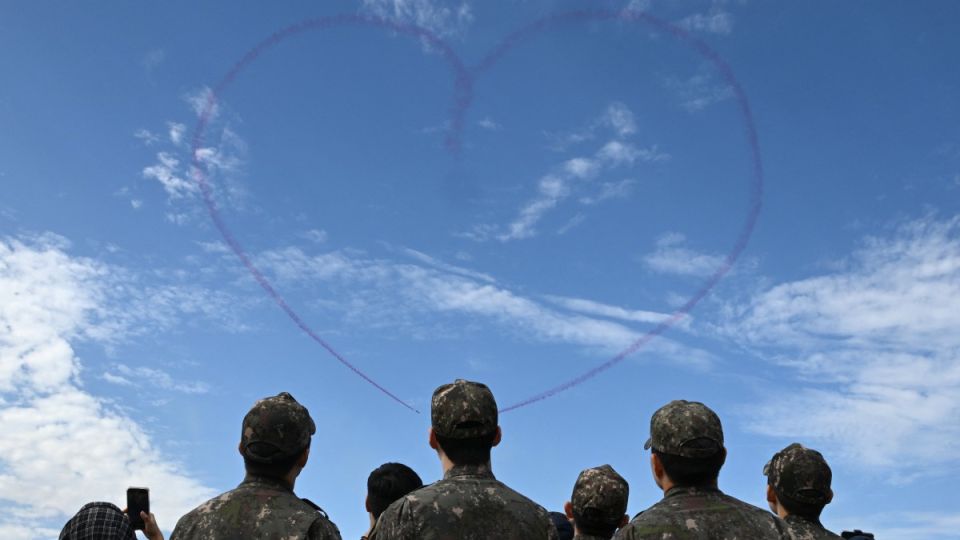November 19, 2025
SEOUL – The South Korean military plans to introduce an adjustment program next year for service members from a multicultural background who face difficulties communicating in Korean, the Ministry of National Defense said Tuesday, as concerns mount over linguistic barriers and uneven support across units.
Under the new plan, recruits may voluntarily indicate their Korean-language communication ability when completing personal information forms for their physical examination. Those who feel their proficiency is insufficient will be eligible to join the program, which will consist of one week of adjustment training followed by five weeks of basic training. The additional week will also count toward mandatory service time.
The program, which is currently available four times a year to overseas permanent residents who voluntarily enlist, will be expanded to include soldiers with diverse ethnic and cultural backgrounds beginning next year. Training will cover Korean-language practice, repeated instruction in daily and military expressions, etiquette education, unit-level communication drills, military-life simulations and base facility tours.
To reduce discrepancies in support between basic training units, the military is also pushing to unify entry points for multicultural recruits. Where possible, one-on-one mentor soldiers will be assigned within support units to help participants better adapt to life in the barracks.
As part of broader efforts to ease communication challenges, the ministry plans to publish a “military life glossary” containing more than 500 frequently used terms in five languages: English, Chinese, Vietnamese, Spanish and Japanese. The glossary will include example dialogues and definitions written in the respective languages to ensure practical usability.
Multicultural awareness training for all recruits will also be revamped. Starting next year, such classes at basic training centers will be delivered by civilian instructors, with the ministry’s Military Human Rights Improvement Task Force distributing standardized teaching guides to units nationwide. The task force, launched in 2022, is responsible for improving human rights conditions and strengthening protections for service members.
The number of multicultural soldiers, estimated at around 5,000 this year, is expected to rise to nearly 9,700 by 2031 — accounting for about 5 percent of all conscripted troops — according to the state-affiliated Korea Institute for Defense Analyses. The category of such soldiers includes conscripts from families with a foreign parent or parents who are naturalized citizens as well as overseas Koreans based abroad.
The announcement comes amid growing calls to strengthen protections for soldiers with diverse ethnic and cultural backgrounds.
In September, the National Human Rights Commission of Korea urged the Defense Ministry to improve the service environment for troops with foreign roots, citing persistent language barriers and inadequate institutional support.
An NHRCK investigation, which included visits to 10 military units and a survey of more than 6,400 soldiers, found that language barriers were the most significant challenge facing multicultural troops, with more than half reporting communication difficulties. Despite this, the NHRCK found no evidence of these linguistic needs being considered during job placements or unit assignments.
The commission also highlighted confusion among soldiers from overseas regarding leave and travel expense regulations, attributing the issue to unfamiliarity with Korean administrative procedures. It criticized the ministry for lacking separate statistics on multicultural soldiers, even as their numbers continue to grow.
In its recommendations, the NHRCK called for systematic management of multicultural and overseas Korean service members, job placements aligned with Korean-language proficiency, stronger diversity education and improvements to leave and travel expense rules.
Yu Kyun-hye, head of the military’s human rights task force, said the ministry would prioritize initiatives such as unified entry points, mentor soldier deployment and multilingual glossaries to ensure prompt adaptation for soldiers struggling with communication.
“As the number of troops with diverse cultural backgrounds continues to rise, building an environment where they can serve safely and confidently is essential,” she said.


